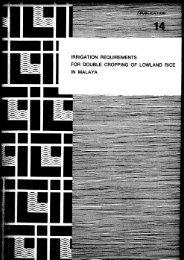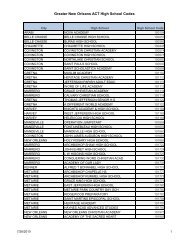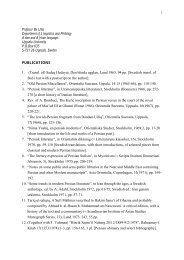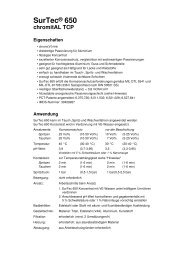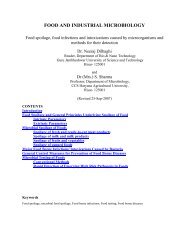On the Future of Indigenous Traditions - Munin
On the Future of Indigenous Traditions - Munin
On the Future of Indigenous Traditions - Munin
Create successful ePaper yourself
Turn your PDF publications into a flip-book with our unique Google optimized e-Paper software.
CHAPTER FOUR: The customary system in <strong>the</strong><br />
present day scenario<br />
4.1. The customary system: a legal and a political<br />
issue<br />
In <strong>the</strong> previous chapters we have looked at <strong>the</strong> sources <strong>of</strong> Adivasi community’s<br />
existence in past, <strong>the</strong>ir differences and conflicts with <strong>the</strong> non-Adivasis on <strong>the</strong> basic<br />
social life orientations, both within Hindu and also in <strong>the</strong> Muslim periods, including<br />
<strong>the</strong>ir struggles through <strong>the</strong>ir political associations in <strong>the</strong> colonial and post-colonial<br />
time in <strong>the</strong> country. Adivasis, at least in this part <strong>of</strong> India, were able to make <strong>the</strong>ir<br />
own legal space within <strong>the</strong> colonial administration, and could not have been ignored<br />
in <strong>the</strong> legal systems <strong>of</strong> independent India. In this chapter I am going to deal with some<br />
issues <strong>of</strong> <strong>the</strong>ir social and political lives today.<br />
Before we analyze <strong>the</strong> changes in <strong>the</strong> Adivasi social and political life it will be<br />
important to identify <strong>the</strong> point from where we should start <strong>the</strong> discussion. To start<br />
with, in Jharkhand, we find a change in perspective <strong>of</strong> <strong>the</strong> Adivasis in <strong>the</strong> Jharkhand<br />
movement itself since its inception. This is still in many ways responsible for directly<br />
or indirectly shaping <strong>the</strong> course <strong>of</strong> <strong>the</strong> political actions <strong>of</strong> <strong>the</strong> Adivasis in <strong>the</strong> recent<br />
past. As mentioned in <strong>the</strong> previous chapter, <strong>the</strong> Unnati Samaj (started in 1914) for<br />
“tribal autonomy” took a stand to “abandonment (<strong>of</strong>) traditional customs and practices<br />
and adoption <strong>of</strong> education and new values.” 124 However, today we find that <strong>the</strong><br />
Jharkhand Pradesh Parha Raja, Manjhi Parganait Manki Munda, Doklo Sohor Maha<br />
Samiti, and <strong>the</strong> indigenous people’s organisations along with people’s interest groups<br />
with <strong>the</strong>m, argue for <strong>the</strong> empowering <strong>of</strong> <strong>the</strong> <strong>the</strong>ir own customary system for <strong>the</strong><br />
governance in <strong>the</strong> Jharkhand state. 125 This change in <strong>the</strong>ir perspective and positions<br />
taken by <strong>the</strong> Adivasi organisations opens up a wide range <strong>of</strong> issues to be brought<br />
124<br />
K.L. Sharma, “The Question <strong>of</strong> Identity and Sub-Nationality: A Case <strong>of</strong> Jharkhand Movement in<br />
Bihar” in Jharkhand Movement <strong>Indigenous</strong> peoples’ Struggle for Autonomy in India edited by R. D<br />
Munda and Basu Mallick ( Copenhegen: IWGIA, 2003), 234.<br />
125<br />
Nandini Sundar, “Custom' and 'Democracy' in Jharkhand”, Economic and Political Weekly (8<br />
October, 2005), 4430.<br />
80





